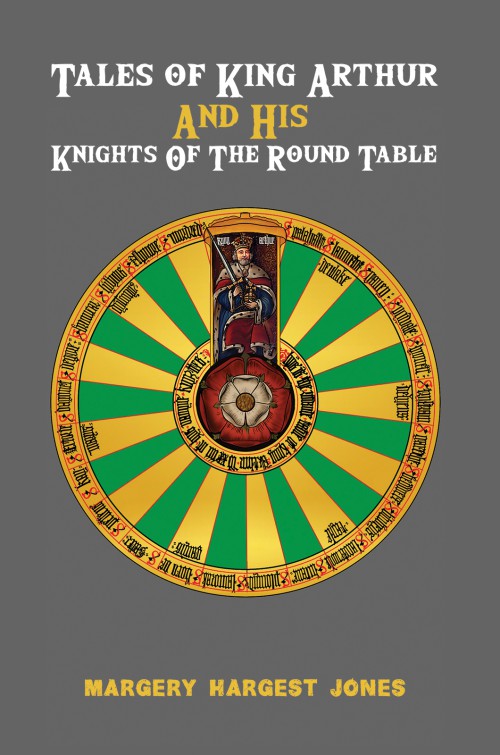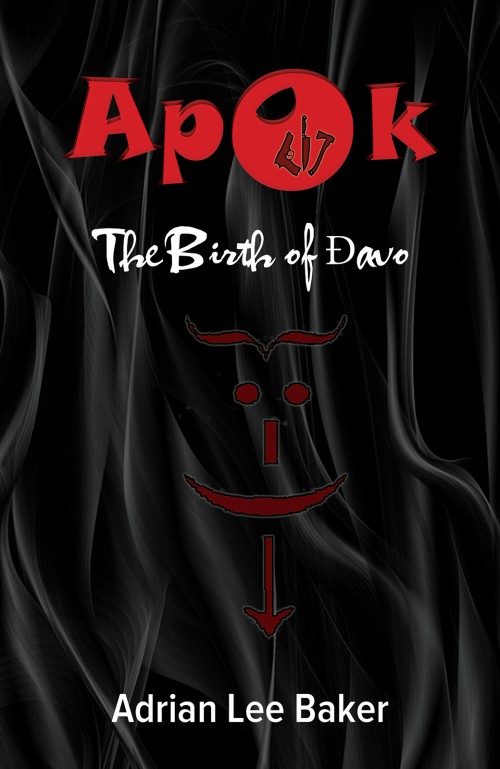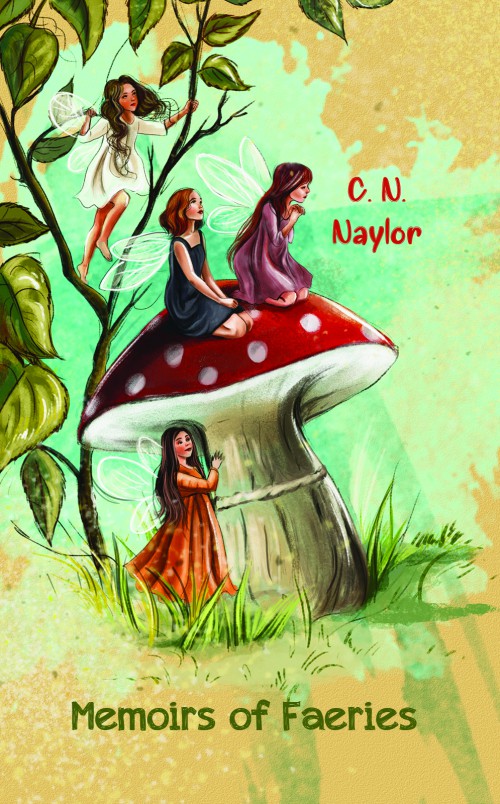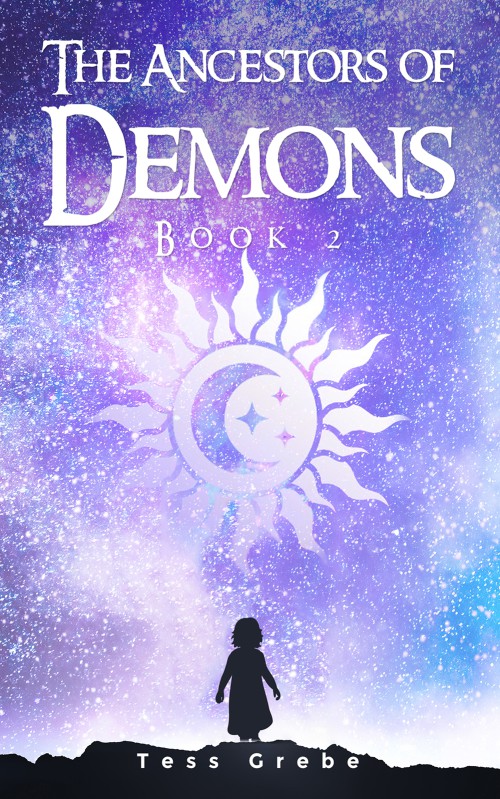"Since the appearance of Geoffrey of Monmouth's 'Historia Regum Britanniae' around 1135, The Arthurian legends had rapidly acquired popularity in England as well as in France, where Chrétien de Troyes and Marie de France developed the tradition at a highly sophisticated level.
In no time at all, King Arthur had come to embody every contemporary ideal of knighthood and kingship. Many stories were told, most of them mythical, but in their day they were accepted as historical fact and eagerly retold by writers and poets.
Whilst Geoffrey of Monmouth had collected old Celtic legends and written the first popular account of King Arthur, Robert Wace was the first to mention the Round Table, where no one Knight had precedence.
By the 1170s, as a result of royal interest, the Arthurian legends had become enormously popular, both at Court and throughout England, and indeed Christendom. It became fashionable for knights and ladies to emulate the chief characters, whose Chivalric ethic reflected the aristocratic values of the twelfth century."
Adapted and taken from the book by Alison Weir called 'Eleanor of Aquitaine, By the Wrath of God, Queen of England', published by Jonathan Cape.












